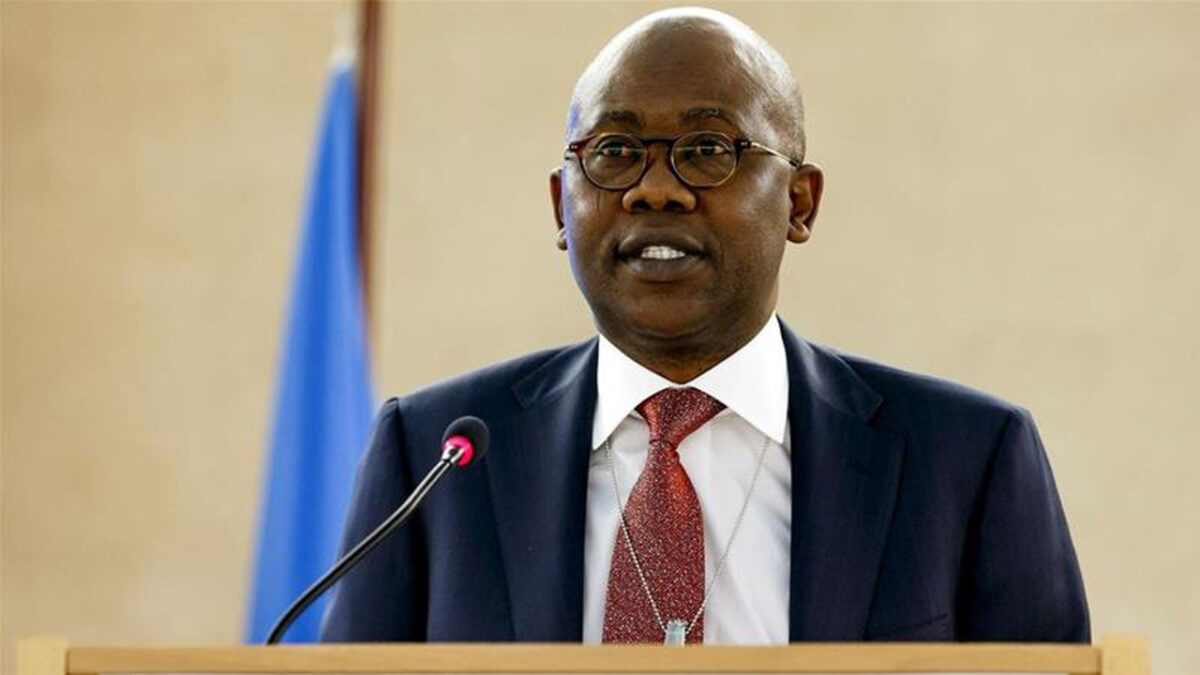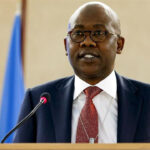Former Attorney-General of the Federation and Minister of Justice, Mohammed Bello Adoke, has said despite his ordeal in the hands of the Economic and Financial Crimes Commission (EFCC), his faith in Nigeria remains unshaken.
Recall that Justice Inyang Ekwo of the Federal High Court in Abuja had on Friday, upheld the “no case” submission by Adoke on charges of money laundering filed against him by the anti-graft commission.
The EFCC had charged Adoke and Aliyu Abubakar, a property developer, in 2017 alleging money laundering to the tune of N300 million.
Justice Ekwo said the EFCC did not provide any evidence to prove the essential elements of the offence against Adoke, who was listed as first defendant.
Ondo gov’ship: Violence, protest mar APC primary
Abuja Investments coy gets new GMD
Similarly, the same particulars of the case were also filed against the former AGF, Abubakar and some other defendants before Justice Abubakar Kutigi, judge of the FCT High Court in 2020.
However, on March 28, 2024, Kutigi pointed out the contradiction, while dismissing the charges against Adoke and other defendants, chiding the EFCC for wasting the court’s time for four years.
Both charges were premised on allegations that Adoke received money as a bribe from the sale of the OPL 245 oil block by Malabu Oil & Gas Ltd in 2011.
Applauding the judgments in a statement at the weekend, Adoke described them as a vindication for him.
He said that he leaves all those who contributed to his ordeal to their conscience and the judgment of posterity.
He said his faith in the Nigeria project is not misplaced or shaken, saying the two charges filed at separate courts on the same facts were intended “to annoy and cause me maximum discomfort and expense”.
The former AGF said he did no wrong by carrying out the president’s lawful directives and that he could, therefore, not be held personally liable for discharging his responsibilities.
He described his trial as “a political witch hunt and scapegoatism”, saying the EFCC needed to hang corruption charges on his neck as a way of sustaining the federal government’s claims against the implementation of the Settlement Agreement in foreign jurisdictions such as Milan- Italy, the United States of America and the United Kingdom.

 Join Daily Trust WhatsApp Community For Quick Access To News and Happenings Around You.
Join Daily Trust WhatsApp Community For Quick Access To News and Happenings Around You.


